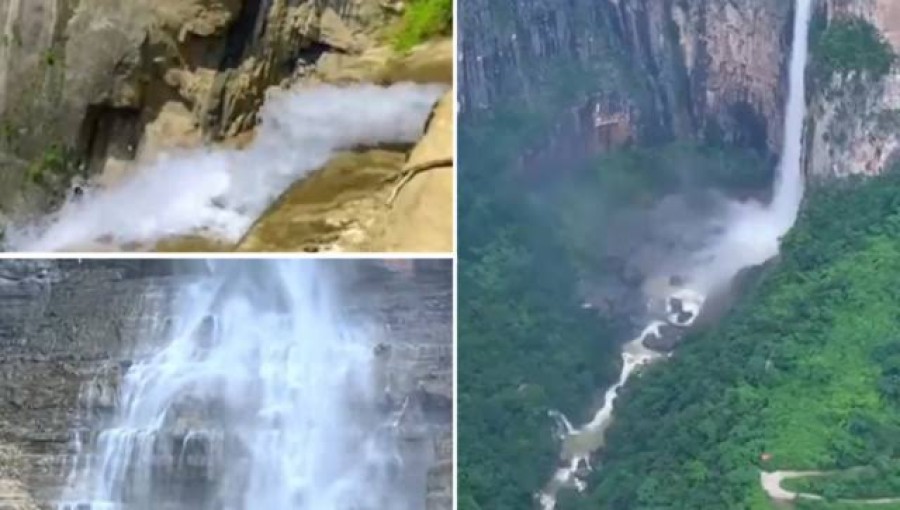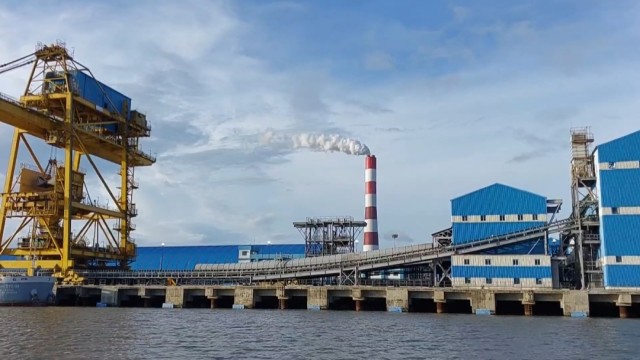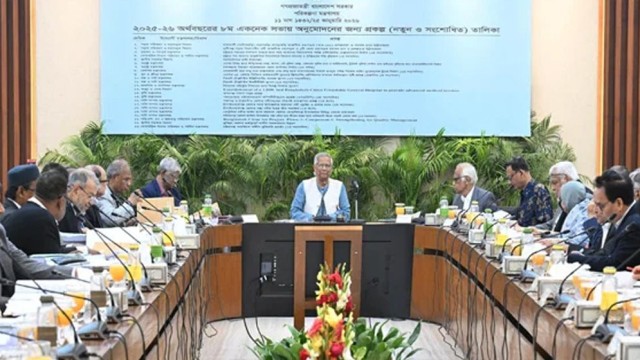Social media is abuzz with controversy surrounding the 'Yuntai' waterfall in Henan province, China. Recently, it has been touted as the highest uninterrupted waterfall in the country, with water cascading from a height of 1,030 feet. However, new claims suggest that the waterfall may not be entirely natural.
A mountaineer posted a video on social media revealing that the water flowing from the Yuntai waterfall is actually channeled through pipes. The mountaineer, who made the discovery while tracing the waterfall's source, shared this revelation in a post that has since gone viral. The video shows the mountaineer finding a pipe at the source of the waterfall, challenging the notion that it is a natural spring.
Following the widespread debate and speculation, the local authorities of the Yuntai Mountain Tourism Park have addressed the issue. They confirmed the presence of pipes, explaining that they are used to maintain the waterfall's flow, especially during the dry season, to ensure the continuous attraction of tourists. The park managers described this as a "minor renovation" to enhance the tourist experience.
The revelation has sparked significant debate on social media, with many questioning the authenticity of the waterfall and the ethics of presenting a man-made feature as a natural wonder. The controversy highlights the tension between maintaining tourist attractions and preserving natural authenticity.
The Yuntai Mountain Tourism Park attracts millions of visitors annually, drawn by the promise of experiencing one of nature's grand spectacles. This recent disclosure may impact the perception of the park and its attractions, raising broader questions about tourism practices and the authenticity of advertised natural sites.































Comment: